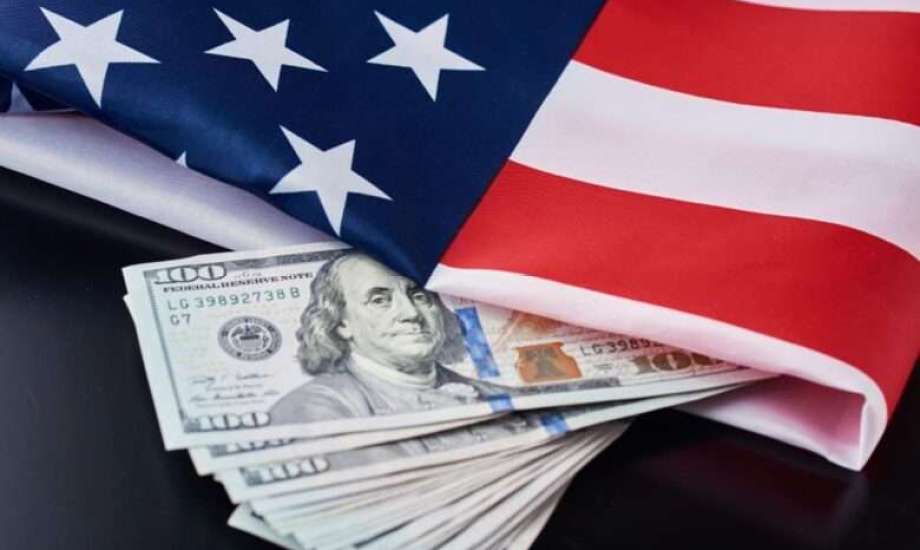The United States maintains a dominant position in the global economy, accounting for 26% of the world’s GDP, which reached 111.33 trillion dollars by the end of 2024. The US dollar continues to serve as the primary currency for international settlements, a status solidified after World War II. However, this economic preeminence has not come without consequences for the rest of the world, from the abandonment of the gold standard to the imposition of tariffs under former President Donald Trump.
Global financial systems remain highly sensitive to American monetary policy. The Federal Reserve’s recent decision to cut interest rates by 0.25% triggered immediate reactions in international markets, including rises in gold and cryptocurrency prices, with several countries following suit. Yet Federal Reserve Chair Jerome Powell cautioned that persistent inflation at 3.5% and a weakening labor market could halt further rate cuts and revive fears of recession.
The dilemma lies in the worldwide dependence on US monetary decisions. Rate hikes negatively impact borrowing nations, while cuts reduce returns for countries with financial surpluses. The dollar itself has evolved into both an economic and political instrument, with its fluctuations affecting national wealth and individual savings, and its mechanisms used to impose economic sanctions.
Despite growing calls since the 2008 financial crisis for a shift away from US dominance, the absence of a credible alternative continues to reinforce global reliance on the American financial system. There is an urgent need for a new international monetary framework that introduces a viable alternative reserve currency and establishes fair rules for exchange rates, interest rates, and inflation control.
Until such a system emerges, the global economy will remain vulnerable to Washington’s policy shifts and the volatility of its monetary decisions.
— news from aleqaria.com
— News Original —
أمريكا بين التفرد الاقتصادي وإرباك النظام العالمي
tتربع الولايات المتحدة على عرش الاقتصاد العالمي بحصة تبلغ 26% من الناتج المحلي الإجمالي، الذي وصل إلى 111.33 تريليون دولار بنهاية عام 2024، مع احتفاظ الدولار بمركزه كعملة رئيسية للتسويات الدولية.
هذا التفرد، الذي نما بعد الحرب العالمية الثانية، لم يمر دون تأثيرات سلبية على بقية اقتصادات العالم، من التخلي عن قاعدة الذهب إلى سياسة الرسوم الجمركية التي اتبعها الرئيس الأمريكي دونالد ترامب.
الفائدة والدولار في قلب المعادلة
عالمياً، تظل الاقتصادات رهينة للسياسات الأمريكية؛ فقرار البنك الفيدرالي الأخير بخفض الفائدة بمقدار 0.25% أحدث ردود فعل مباشرة في الأسواق العالمية، حيث ارتفعت أسعار الذهب والعملات المشفرة، وتبعت دول عدة القرار ذاته.
غير أن رئيس البنك الفيدرالي، جيروم باول، حذر من أن استمرار التضخم عند 3.5% وضعف سوق العمل قد يوقف مسار التخفيضات ويعيد شبح الركود.
وتكمن المعضلة في أن العالم بأكمله يتأثر بقرارات الفائدة الأمريكية؛ فارتفاعها يضر بالدول المقترضة، وانخفاضها يقلل من عوائد الدول ذات الفوائض المالية.
أما الدولار، فقد تحول إلى أداة اقتصادية وسياسية، إذ تؤثر تقلباته على ثروات الدول ومدخرات الأفراد، وتُستخدم أدواته في فرض العقوبات الاقتصادية.
غياب البديل العادل
على الرغم من الدعوات المتصاعدة منذ أزمة عام 2008 لفك الارتباط بالهيمنة الأمريكية، إلا أن غياب البديل العادل يرسخ هذه التبعية.
فالحاجة ماسة إلى نظام نقدي عالمي جديد يطرح عملة تسوية دولية بديلة، ويضع قواعد عادلة لسعر الصرف، والفائدة، والتضخم.
وحتى يتحقق ذلك، سيبقى الاقتصاد العالمي رهينًا لقرارات واشنطن وتقلبات سياستها النقدية.
